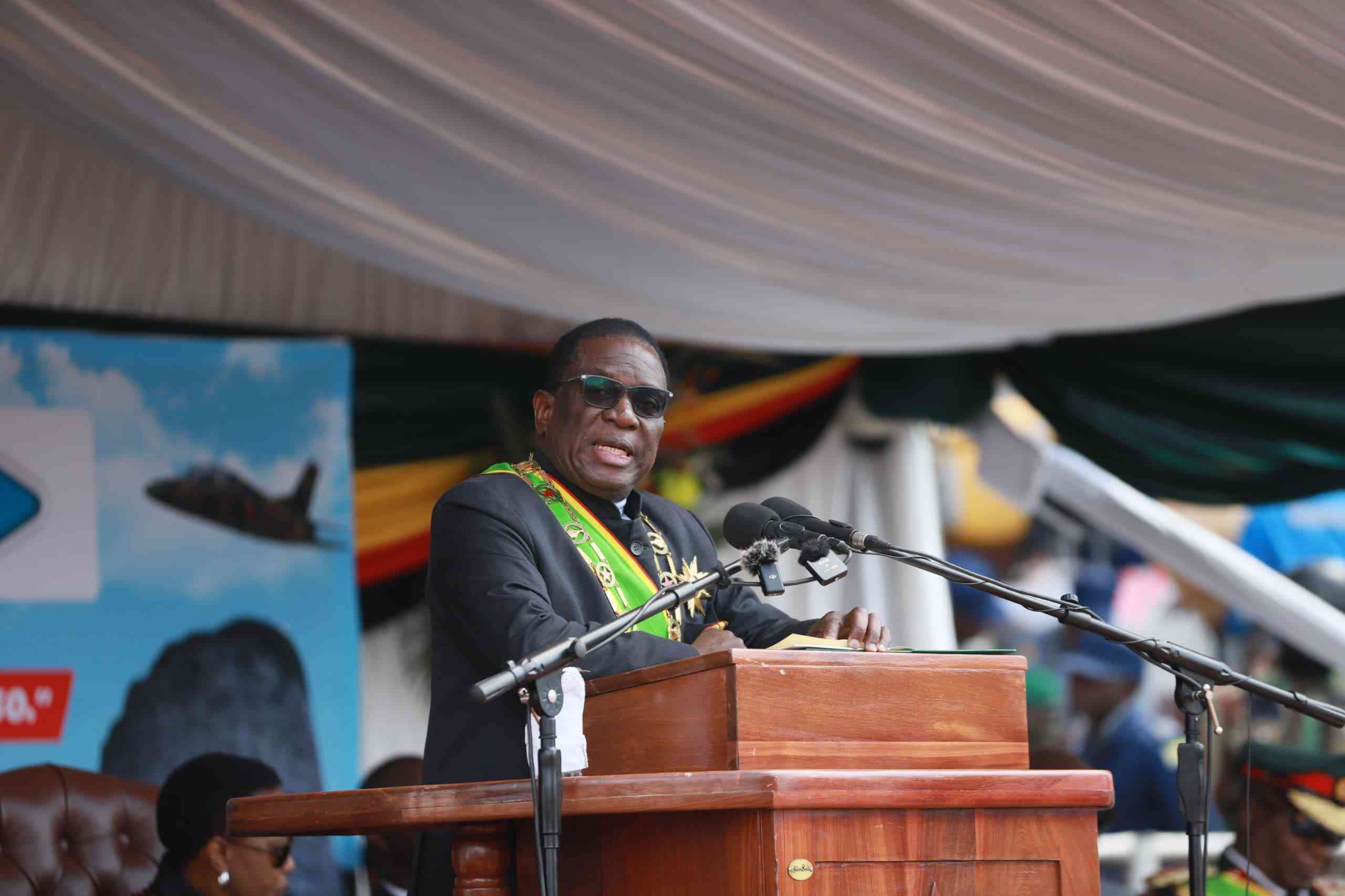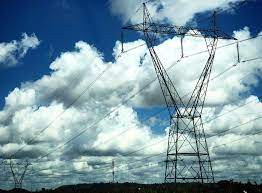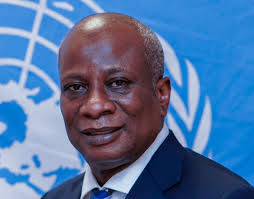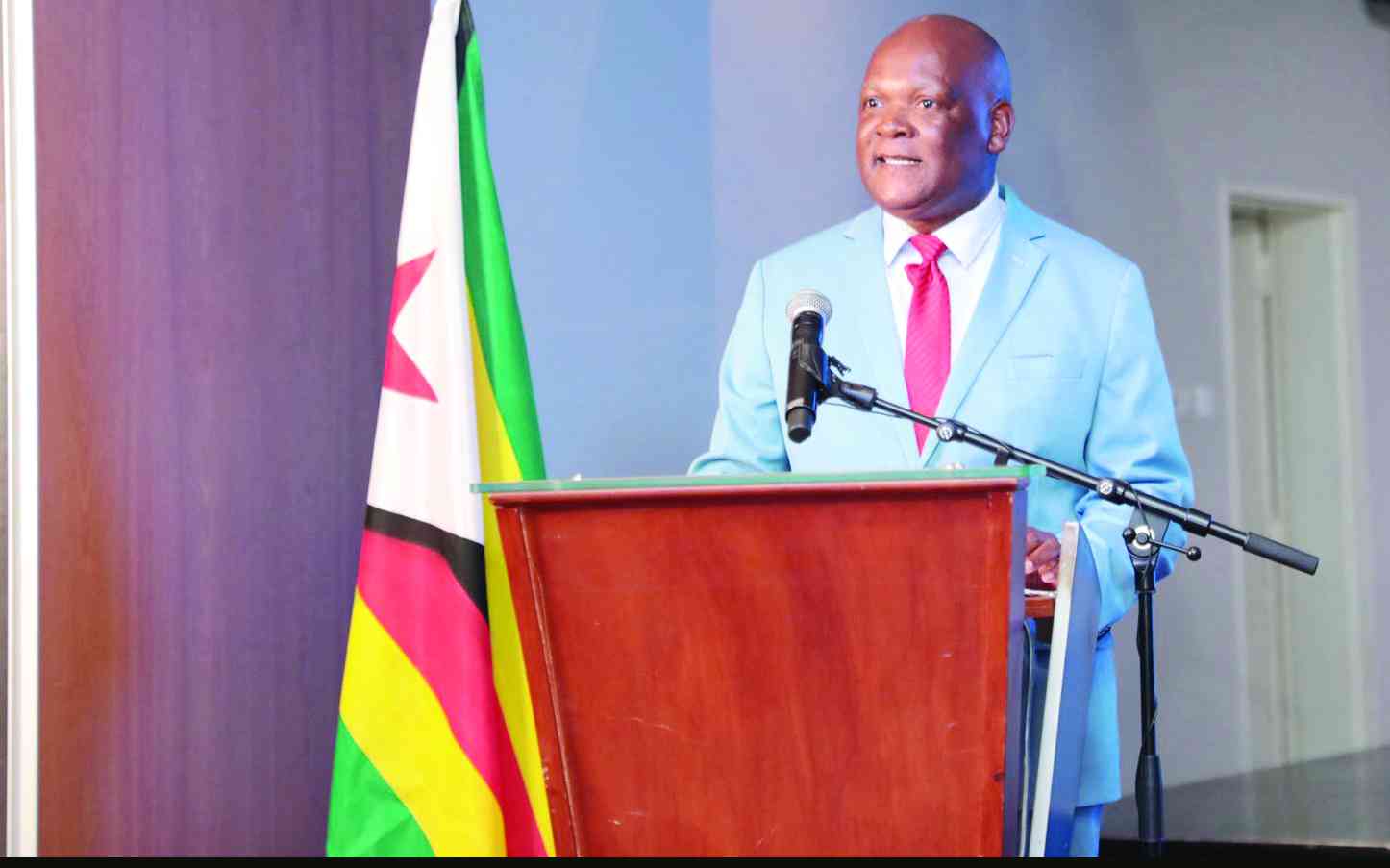The MDC-T yesterday made sensational claims that shadowy Israeli firm, Nikuv Project International — which deals with voters’ rolls and elections, among other things — was paid $10 million to manipulate the voters’ roll.
Report by Wonai Masvingise/ Moses Matenga
The details are contained in a dossier accompanying a court application lodged with the Constitutional Court (ConCourt) by party leader Morgan Tsvangirai challenging President Robert Mugabe’s victory in the July 31 polls.
The document shows that Nikuv received over 50 payments between February 4 and July 30 this year averaging $200 000 each.
“What is also worrying is the involvement of an Israeli firm, Nikuv Projects International, in the development, management and manipulation of the voters’ roll,” reads part of the dossier.
“In a letter dated 12 July 2013, Zec (Zimbabwe Electoral Commission) denied the involvement of Nikuv in the preparation of the voters’ roll. However, we have it on record that Nikuv has been operating in Zimbabwe since the 1990s.”
Keep Reading
- Chamisa under fire over US$120K donation
- Mavhunga puts DeMbare into Chibuku quarterfinals
- Pension funds bet on Cabora Bassa oilfields
- Councils defy govt fire tender directive
According to the dossier, the Israeli company received the first payment of $202 000 on February 4 this year and the last instalment of $200 000 on July 30. The total, according to the dossier, amounted to $10 578 335.
In the run-up to the elections, Tsvangirai took aim at the Israeli firm, which he alleged was operating in Zimbabwe with local electoral bodies to influence the outcome of elections.
Addressing journalists after filing the ConCourt application, MDC-T spokesperson Douglas Mwonzora said there were 15 grounds on which the MDC-T was seeking the nullification of the election results.
“Under matter number CCZ (Constitutional Court of Zimbabwe) 71 of 2013, the MDC-T has filed its election petition. The prayer that we seek is that this election be declared null and void in terms of section 93 of the Constitution of Zimbabwe. Also that a fresh election be held within 60 days,” said Mwonzora in the company of the party’s lawyers Chris Mhike and Selby Hwacha.
President Robert Mugabe, Zec chairperson Justice Rita Makarau and chief elections officer Lovemore Sekeramayi have been cited as respondents.
Mwonzora said in the application the party had raised issues of bribery of the electorate by some contesting candidates.
“We saw doling out of foodstuffs, kitchenware and so on and that is not allowed in terms of our Constitution. The other ground is, of course, of the election not being in terms of the Constitution,” said Mwonzora.
“We were vindicated by the findings of Sadc that the election was peaceful and free, but not fair. Our Constitution section 155 says an election must be free, fair and peaceful so one element is missing and that has been mentioned by Sadc already.
“We have also dealt with the disenfranchisement of the majority of Zimbabweans, that we have been assisted by Zec as well, the figures that they published add up to about half a million people not allowed to vote for one reason or another. We make a point that the figure is higher than that and we will be able to give evidence.”
Mwonzora added that the MDC-T would provide documentary, oral and physical evidence to the court and this would include teapots and flasks as well as the voters’ roll.
In his founding affidavit, Tsvangirai cites the failure by Zec to provide an electronic copy of the voters’ roll in searchable and analysable form yet it was able print copies of the voters’ roll from an electronic format.
“My major concern is that the absence of the voters’ roll was a serious handicap because the voters’ roll is the most critical document used to determine whether or not a person is eligible to vote,” argues Tsvangirai.
Tsvangirai’s poll challenge, however, suffered a huge setback when the High Court set down for next Wednesday the urgent application seeking to compel Zec to release election material used in last Wednesday’s elections.
The outgoing Prime Minister filed two urgent chamber applications on Thursday, seeking an order to compel Zec to release election material used during the July 31 poll to enable him to lodge his election petition with the ConCourt.
Tsvangirai wanted the electoral body to provide him with the number of spoilt ballot papers, number of assisted voters and the number of voters turned away.





